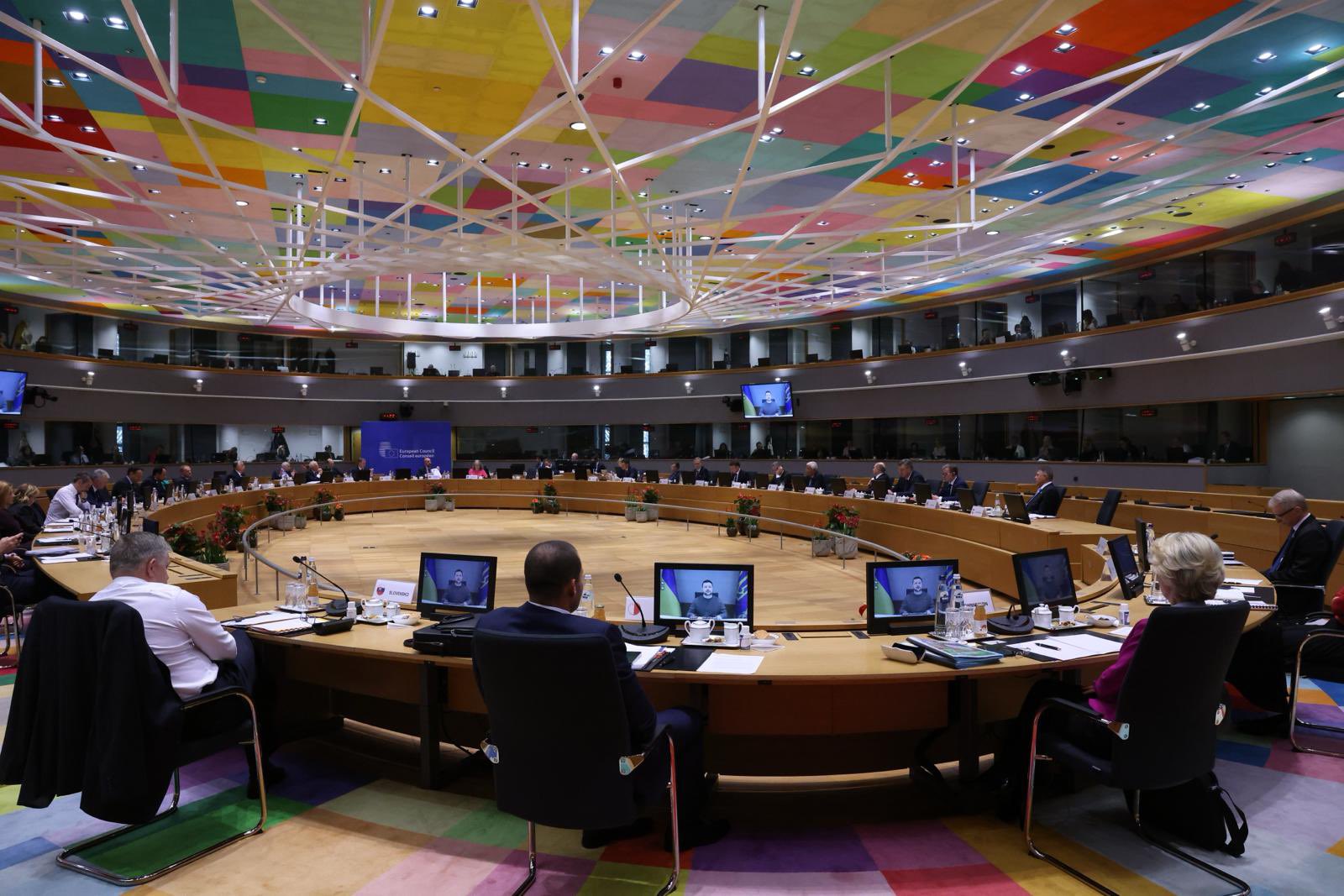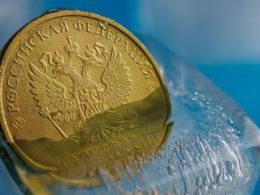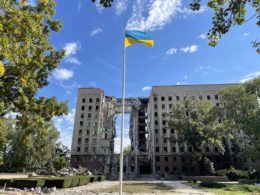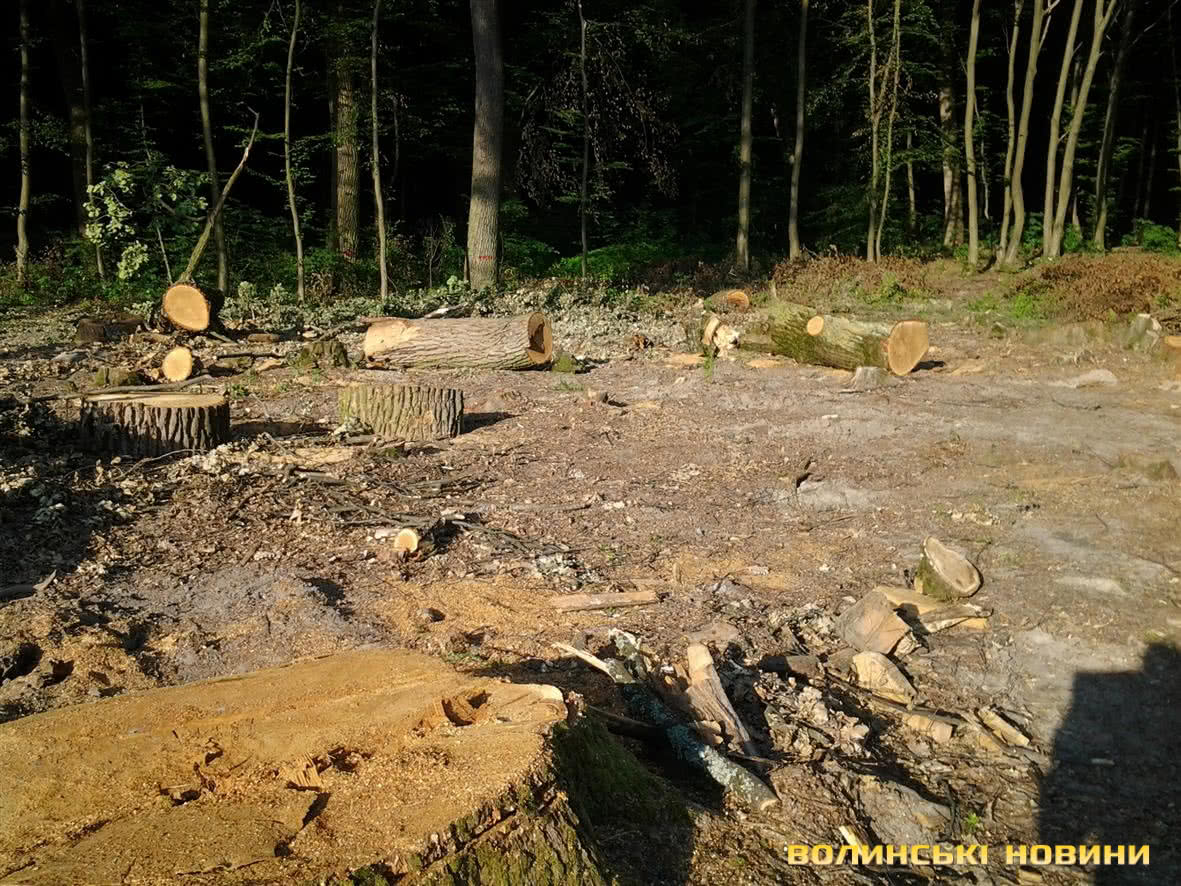At an emergency summit on 1 February, EU leaders did not make a decision to establish a special fund for military support of Ukraine, but European Council President Charles Michel says progress has been made.
The standoff reflects broader debates over sustaining arms supplies to Ukraine long-term, amplified by US congressional holdups and the possibility of a Trump comeback.
In a section concerning military support for Ukraine in a statement released after the summit, the European Council emphasized the commitment to continue providing Ukraine with "timely, predictable and stable military support" through the European Peace Facility, the work of the EU training mission for the Ukrainian military, and bilateral assistance.
However, no decision has been made regarding the creation of the Ukraine Assistance Fund within the European Peace Facility, as President Zelenskyy implored via video link during the meeting. The special €20 billion fund is intended to provide stable military support to Ukraine over four years; the issue of its creation is planned to be resolved by March.
The conclusions state that the Council of the EU aims to reach an agreement on creating the Ukraine Assistance Fund by early March by way of amendments to the 2021 Council Decision establishing the European Peace Facility.
At the same time, European Council President Charles Michel noted that "progress" has been made on this issue.
https://twitter.com/CharlesMichel/status/1753049362484052127?ref_src=twsrc%5Etfw%7Ctwcamp%5Etweetembed%7Ctwterm%5E1753049362484052127%7Ctwgr%5E62c024497c886cd09e2dec954ec23aea910bc326%7Ctwcon%5Es1_&ref_url=https%3A%2F%2Fwww.eurointegration.com.ua%2Fnews%2F2024%2F02%2F1%2F7178725%2F
The statement confirmed the EU's commitment to continue providing military support to Ukraine through the European Peace Facility, EU Military Assistance Mission in Ukraine, and bilateral military commitments of individual EU countries.
The conclusions also emphasize the "urgent need to accelerate the delivery of ammunition and missiles" in view of the commitment to provide Ukraine with one million artillery shells. EU leaders called on member states "to explore all options to meet Ukraine's needs."
EU High Representative Josep Borrell originally proposed the four-year Ukraine Aid Fund in summer 2023, with €5 billion allocated annually.
The idea was revamped in January 2024, as the European Union proposed establishing a Ukraine Assistance Fund to streamline military aid to Ukraine. The fund would have an annual budget of approximately €5 billion focused on joint procurement of weapons and training Ukrainian troops. This initiative aimed to shift from the current model of reimbursing EU states for supplies sent to Ukraine.
According to Reuters, the proposal for creating the Ukraine Assistane Fund gas faced resistance from Germany and France.
At the center of the debate is the mechanism of operation of the European Peace Facility (EPF), which has been used to provide billions of euros in military aid to Ukraine since Russia's invasion.
The EPF operates as a reimbursement scheme, with EU members contributing according to their economic size and receiving payouts based on the amount of aid donated.
The fund has been pivotal in enabling the EU bloc to supply offensive weapons to Ukraine for the first time. But divisions have emerged among members over the EPF's future role as the war continues, Reuters says.
Some nations see the EPF as an effective means of channeling long-term assistance to Kyiv and a model for greater EU defense integration. However, controversies have also arisen, with members clashing over claimed refunds.
Most EU countries support injecting €5 billion into the EPF to further help Ukraine. But Germany wants changes to the fund first, and approval has been held up for months.
Germany has voiced concerns about its disproportionate contributions to the EPF while also providing billions in bilateral military aid to Ukraine. Chancellor Olaf Scholz said most EU nations were not providing enough support to Kyiv. On 28 January, Scholz urged EU member nations to provide more aid to Ukraine, with Germany committing €7 billion in 2024, accounting for over half of the bloc’s total funding.
Germany and France have called for the EPF to be reformed before being expanded.
The standoff highlights debates over how to sustain EU military aid for Kyiv on an institutionalized, long-term basis. Though reaffirming their commitment, leaders have struggled to transform the bloc's ad hoc approach, Reuters reports.
Hungary initially opposed the creation of the fund, but on 25 January, agreed to drop its objections.
Related:
- Zelenskyy urges EU leaders to approve billions of Euros for weapons fund
- EU agrees on €50 bn aid for Ukraine after minor compromises with Hungary





